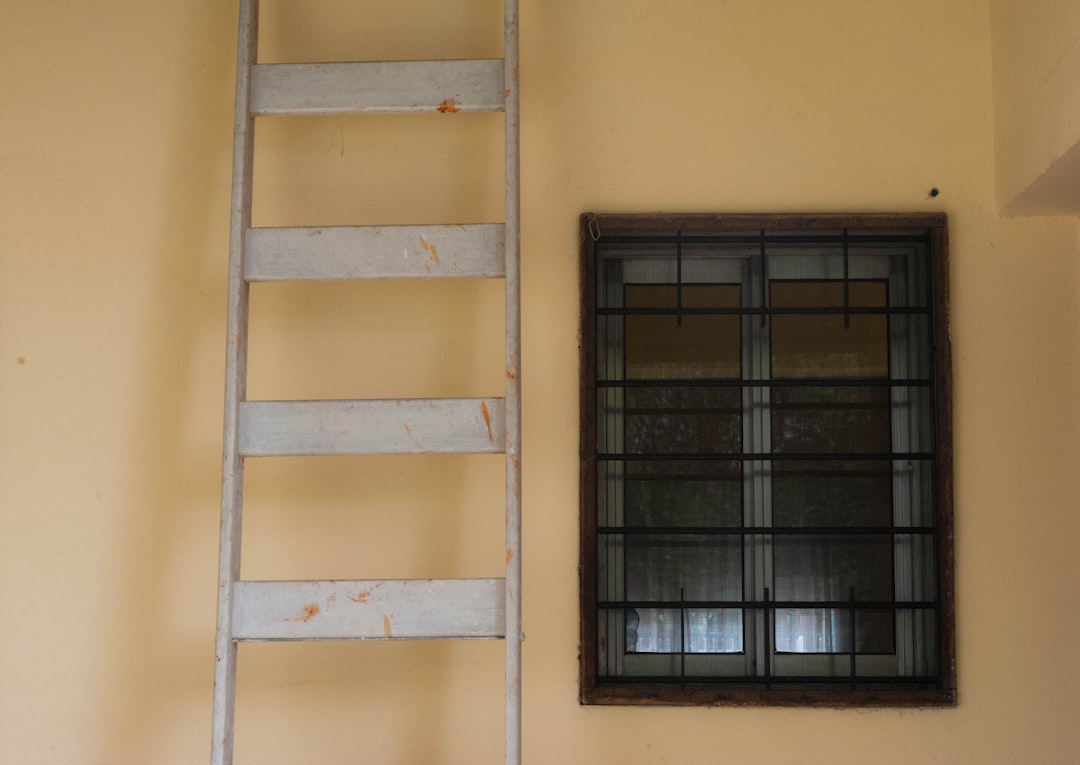
Framing an interior wall is a crucial step in construction, transforming empty spaces into functional areas. For construction professionals, understanding the cost to frame an interior wall is essential for accurate budgeting. Current estimates range from $10 to $17 per square foot, depending on various factors such as materials, labor, and project complexity.
Square footage is a primary cost driver, but additional elements like doors and angled ceilings can increase expenses. Accurate measurements are crucial for precise estimates.
Lumber prices fluctuate with market conditions. Staying updated with current prices ensures accurate cost projections.
• Standard 2x4 framing is common for non-load-bearing walls.
• 2x6 plates may be required for specific needs like plumbing chases.
• Compliance with building codes can add to material and labor costs.
Labor costs vary by region. Understanding local rates helps in creating accurate budgets.
Factors like site accessibility and project timelines can impact labor costs and productivity.
Based on industry data, the cost to frame a basic interior wall typically falls between $10 and $17 per square foot. Examples include:
• Plates, studs, and headers: 45-55% of total cost
• Fasteners and adhesives: 5-8%
• Consumables: 1-2%
• Carpenters and apprentices: 35-45%
• Site preparation and cleanup: 3-5%
Contractors must account for overhead and profit, typically 10-20% of the total cost.
1. Use voice input for quick dimension capture.
2. Access live material pricing.
3. Apply task-based labor rates.
4. Generate instant proposals.
5. Manage change orders efficiently.
• Order materials in bulk for discounts.
• Prefabricate components to save time.
• Use precise tools for accurate placement.
• Coordinate with other trades to avoid rework.
• Schedule inspections early to prevent delays.
For complex projects, hiring a professional framer ensures compliance and quality. CountBricks connects you with experienced professionals for reliable service.
For precise estimates, create a free account at CountBricks.com and receive a detailed quote tailored to your project needs.

A homeowner aimed to convert 550 square feet of unfinished basement into a media room and bedroom. The project involved framing three new interior walls totaling 62 linear feet, including two door openings and an acoustic wall adjacent to the furnace. This case highlights the importance of precise planning and execution in residential construction projects.